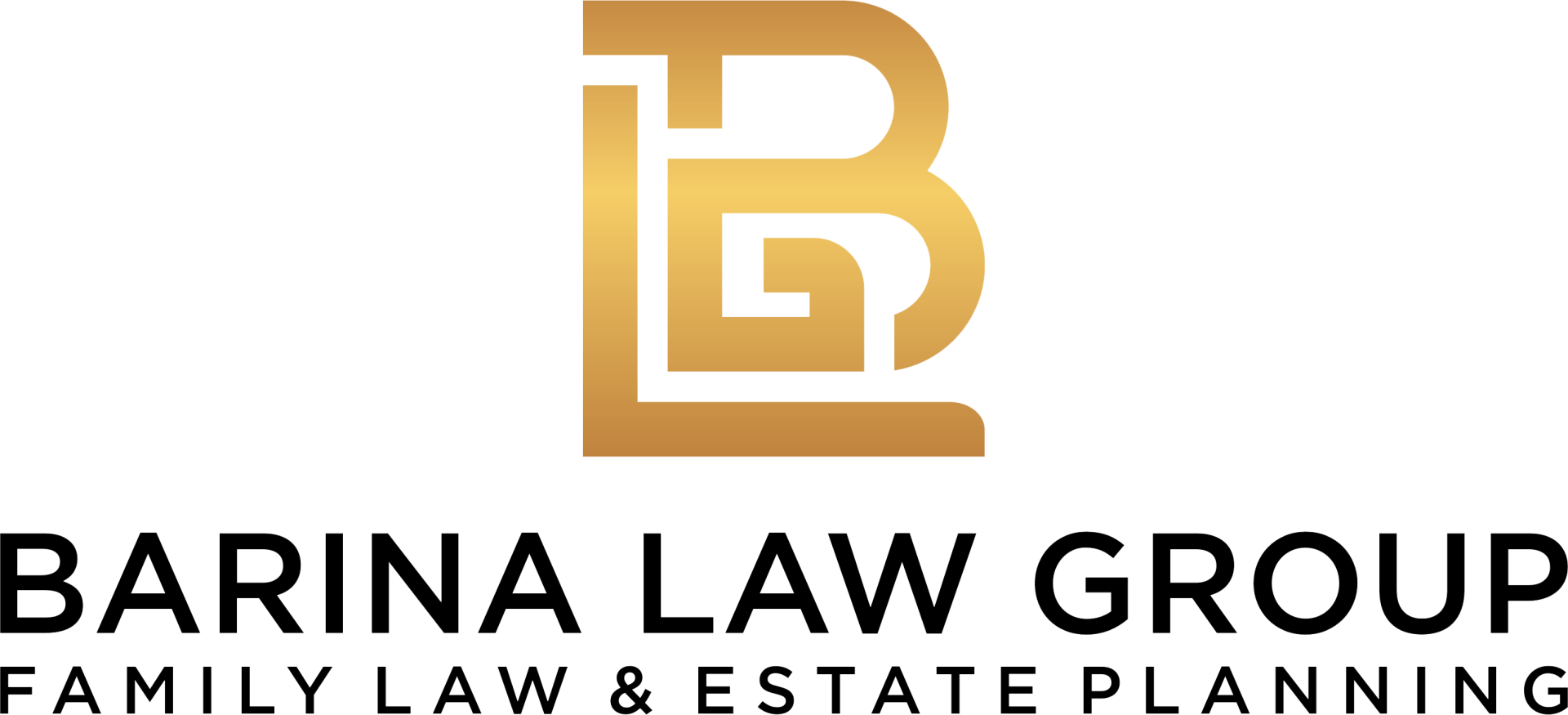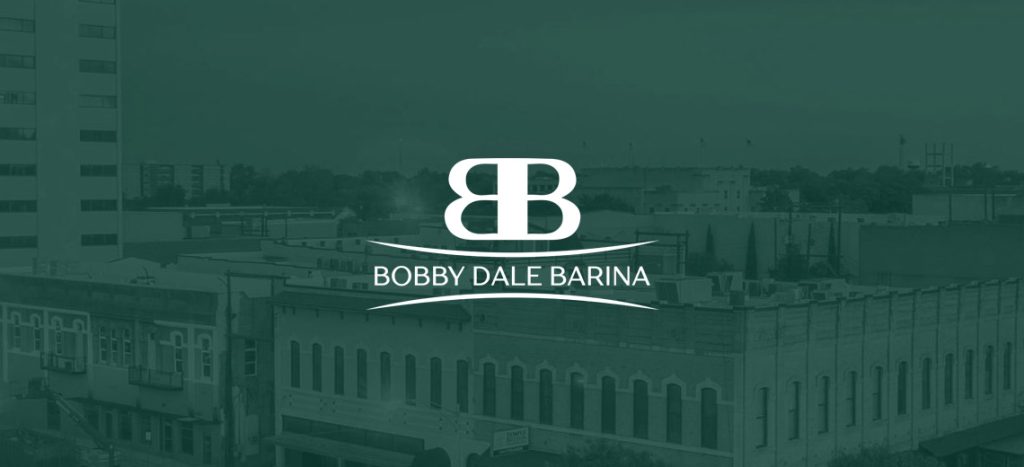Once you commit a crime and are afforded a second chance, it’s important to follow your parole guidelines so that you don’t go back to jail. There are two types of parole violations: violations of the law and administrative violations.
One standard request for parole is to abide by all local, state, and federal laws. If you violate a law while on probation, a new hearing may be delayed until the charge is resolved with the help of your attorney.
An attorney can speed up the process and petition the court to discuss a plea deal, possible dismissal depending on the circumstances, or a new trial to determine a revised sentence.
What Happens at a Parole Hearing?
Everyone has rights, including during a parole hearing. A person accused of a parole violation will:
- Be served with written notice of the parole violation(s)
- Attend a preliminary hearing to discuss probable cause if a condition of release was violated
- Attend a revocation hearing if the offender was found guilty in a criminal case or allegedly committed administrative violations
- Have an opportunity to hire an attorney and present evidence, witnesses, and other information to the Board for consideration in determining a final sentence
- Have a voice in addressing the violation and deciding an outcome
If I Violate My Parole, What Happens?
Some parolees get into trouble when they fail to meet the terms and conditions of their parole. This can be intentional or sometimes accidental, though there’s little margin for error.
As part of a person’s parole, for example, they might be subject to weekly alcohol and drug testing. The probation officer can report this; one small mistake can result in additional fines, jail time, or a combination of both.
An attorney can offer support and protect your rights. For instance, we will look at your overall compliance, any possible mistakes made by your probation officer, and other potential avenues to push the court for dismissal.
How Can an Attorney Help Me?
Don’t give up hope and sign away your freedom without speaking to an attorney regarding your parole violation. Parole is strict, and specific circumstances might hinder you from following the protocol.
Depending on the situation, we might be able to intervene before a hearing and discuss the issue with your probation officer directly without the need for a public trial. Alternatively, we are prepared to represent you to minimize the possible consequences.
Without an attorney, you might face modified parole, increased jail time or parole revocation, and jail time for the remainder of the original sentence. Increase your chances of success and call us to discuss your parole violation: (254) 323-5506.


 CALL US NOW
CALL US NOW






